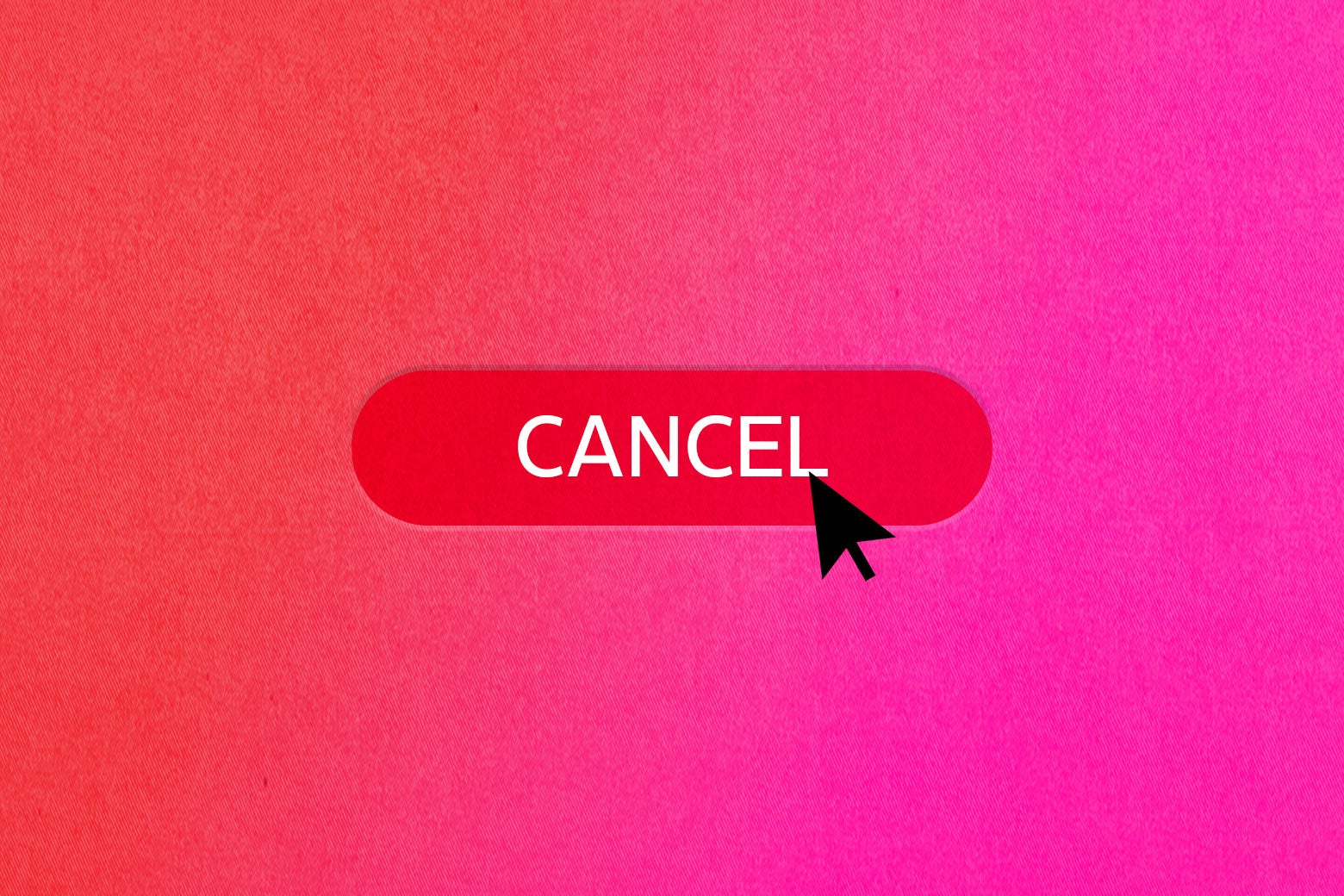If you’ve ever purchased anything online, you have likely noticed that it’s much easier to sign up for a subscription service than cancel one.
If I want to cancel my New York Times subscription, for example, I can call a service representative, chat online with a “care advocate,” or—maybe, just maybe—I can click a button to cancel if my account is “eligible.” If you’re an Comcast Xfinity cable or internet subscriber, you have to schedule an appointment to call, speak to a Comcast representative, and likely listen to a bevy of special offers and discounts just short of the rep begging you to stay in order to cancel. (Pro tip: This is a great way to get a discount.) Or you can simply go into a Xfinity Store or mail a letter—yes, a physical letter—to Comcast Cable in Philadelphia. If you have a gym membership, forget about it. You might as well just give up now.
But soon, businesses will need to provide much easier options for customers trying to cancel their services.
The U.S. Federal Trade Commission, the government’s primary consumer protection agency, finalized a new regulatory rule on Wednesday that aims to make it easier for people to cancel those pesky subscriptions. The so-called click-to-cancel rule will require online sellers to remove “endless hoops” in order to cancel a subscription. “The FTC’s rule will end these tricks and traps, saving Americans time and money,” said FTC Chair Lina Khan in a press release. “Nobody should be stuck paying for a service they no longer want.” It’s something that the agency says has become an all-too-common source of outrage for American consumers: In 2024, the FTC received 70 consumer complaints per day about unfair subscription practices.
The FTC said it’s “modernizing” the 1973 Negative Option Rule in order to carry out its mission of combating unfair and deceptive business practices. (“Negative option marketing” is a term that the regulator uses to mean any business practice where customers need to take affirmative steps to reject or cancel service lest they are billed anyway.)
The three Democrats on the five-person, bipartisan commission voted in favor of the rule, which will take full effect in 180 days.
Melissa Holyoak, one of the two Republican commissioners who voted against approving the rule, expressed doubt about the legality of the rule and claimed that Khan was rushing into action in order to help Vice President Kamala Harris win the presidential election: “Less than a month from election day, the Chair is hurrying to finish a rule that follows through on a campaign pledge made by the Chair’s favored presidential candidate.” On the campaign trail, Harris has promised to eliminate so-called junk fees on consumers.
If we save so much time getting rid of our unneeded subscriptions with one click, perhaps we’ll finally have extra time to track down the real villain this election season: all of those damn campaign texts and emails that are seemingly impossible to cancel. When we fix that, society might be cured for good.

